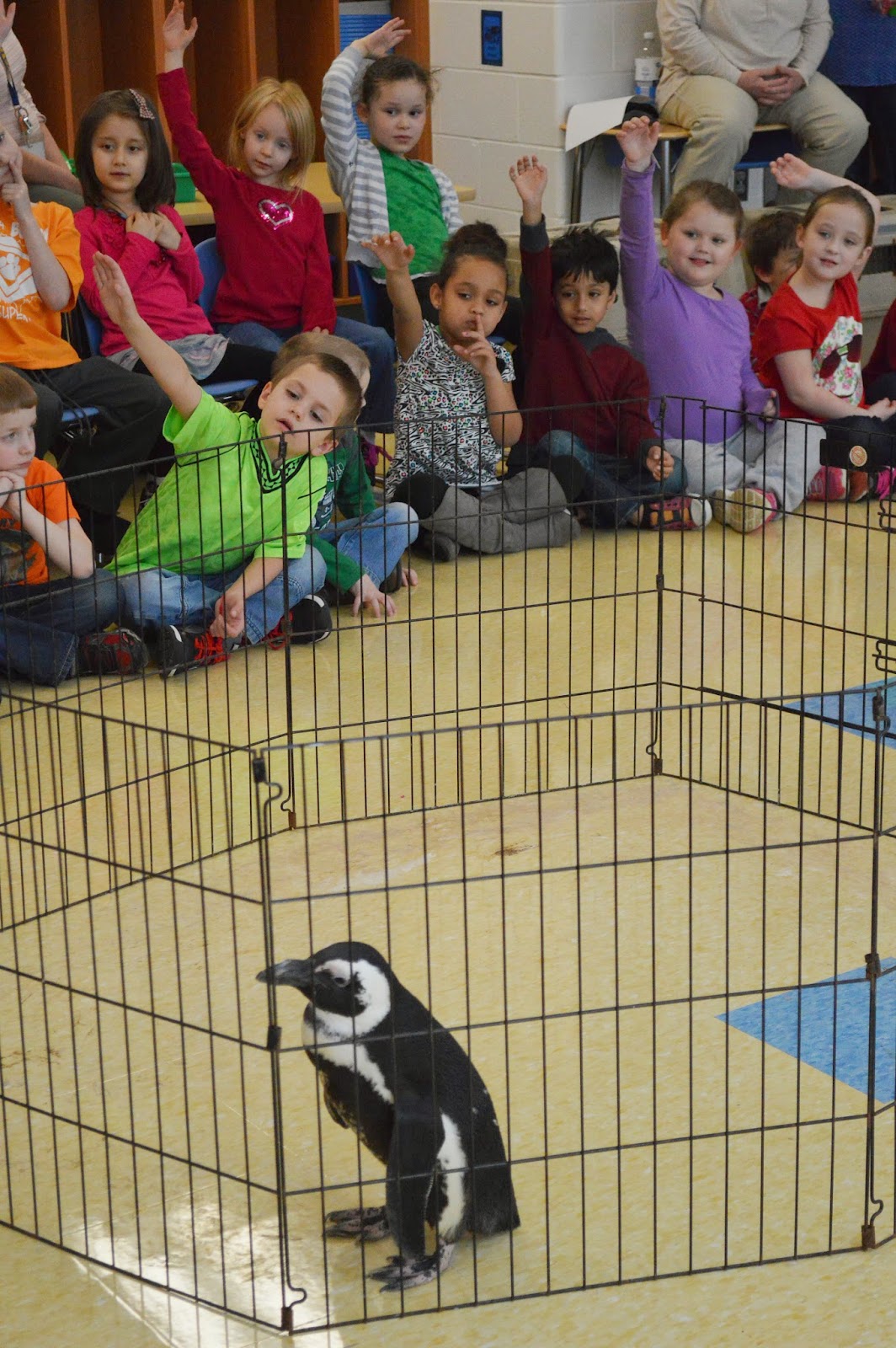Mrs. Nicodemus’
Kindergarten Newsletter
February 23,
2015
Welcome back! I hope everyone was able to
enjoy some of the extra time at home with your little ones. Our four day
weekend turned into ten days off for our students, and for kindergartners,
that is a very long time to be out of the classroom and away from our daily routines. Please help me make this transition back to school a smooth one for
your child. It is important that students are getting plenty of sleep and a
good meal before coming to school. We will be revisiting our classroom
procedures and appropriate classroom behaviors throughout the week. I am
anxious to see all of the kiddos and excited for a fun week!
Upcoming
Events
Tuesday, February 24 – Optional- corsage
money due for father/daughter dance $5
Friday, February 27 – Father/Daughter dance
7-9pm $10/family
Homework
Unfortunately I was not able to get the
literacy packet sent home before our extended break, but it will be coming home
tonight. Please have your child return the packet next Monday. Students should
not be doing the whole packet in one night.
One to two pages each night is appropriate. Please let me know if you
have any questions.
Reading:
If You Could Go to Antarctica
This week’s
story is one of my favorites and is quite fitting for the week we just had! This
story tells about the continent Antarctica. Antarctica is located at the South
Pole. It is always very cold there and the winds are very strong. If you went
there you could see big, floating icebergs, penguins, seals, and whales. The
animals that live there have special ways of staying warm. The ice and snow
almost never melt, but in the few places it does, you might see moss and short grass. You might also see the
scientists who live in Antarctica to study the special animals and plants. This
story will help us understand that visiting a new place is an exciting
adventure and a chance to learn about new wildlife.
Target
Skill: Classify and
Categorize – to put things, such as words, pictures, or objects into groups
that are alike in some way. As children classify and categorize key details in
a text, they are analyzing how the details are alike. Answering
classify-and-categorize questions about a text helps children learn to use
evidence from the text and illustrations to support the conclusions they draw.
Amazing
Words: Antarctica,
continent, icebergs, seals, penguins, whales
This week, ask your child to come up with a
sentence using one of these words. We will use the language “I can…use new vocabulary”.
Phonemic
Awareness (hearing sounds) /
Phonics (matching sounds and letters):
Initial/Medial Ee
Ex: escalator, egg, net, bed. This week, ask your child to say words that have /e/ at the
beginning. You could also ask him/her to say words that have /e/ in the middle.
If they struggle with this, give them two choices and then choose which one
says /e/. To challenge students, ask them to write the words they come up with.
Please also continue to practice reading Nonsense words. You can write 4-5
words that have a middle “e” and ask your child to read those words to you.
Remember to have them blend the sounds in their head and then just say the word
out loud.
Writing: (repeated in case you missed it!) I am beginning to increase my writing expectations for the students.
There are several things that I am looking for in their writing at this point -
capital letters at the beginning of sentences and lowercase letters for the
rest, spaces between words, punctuation marks at the end, and sentences that
make sense. In addition to these things, I am expecting the students to spell
words independently. When they come to me asking how to spell a word, I tell
them to segment the word and write the sounds they hear. Students have
previously learned the letters and sounds for Aa, Bb, Cc, Dd, Ff, Gg, Hh, Ii, Kk, Ll, Mm, Nn, Oo, Pp, Rr, Ss, and Tt, so you can
challenge your child to spell words using any combination of these letters. If
your child does not know all of his/her letter sounds, please have him/her
continue to practice these sounds at home. Students that do know all of their
letter sounds can be challenged by asking them to “identify
the letter that says (fill in the blank with a letter sound)”
or to identify and write the combination of letters heard in longer words or
consonant blend words (clip).
Sight
Words: here, go, from (past
words: I, am, the, little, to, a,
have, is, we, my, like, for, he, me, with, she, look, see, of, they, you, are,
do, that, one, two, three, four, five) Please
practice these words at home! Students can write, search for, or use flash
cards to read the words. We will use the language “I can…read words”.
Math
We have begun our chapter on the teen
numbers. We will learn about the numbers 13, 14, 15, 16, and 17 this week. Students
will learn that teen numbers mean ten and
some more. When we write a teen number, we write a 1 first to show the ten
and the next number tells how many more (14=10 and 4 more). You can ask your child to show you the amount
of a teen number using objects around your house or they can draw it. To
challenge him/her, ask your child to write a number sentence showing how to
make that amount (10+4=14). Please also continue to work on addition and
subtraction fact fluency to 5.



























